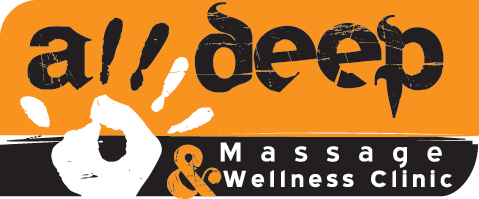Acupuncture FAQ
Frequently Asked Acupuncture Questions
What do I need to know before a treatment?
NEW PATIENTS: Please arrive about 15 minutes before your appointment time; you will need to fill out a few forms before your treatment. Due to the tight scheduling in the clinic, arriving late to your treatment may shorten your own treatment time, especially if there is a patient immediately following you. Please note that there is a cancellation fee of 50% of the service’s fee if the appointment is not cancelled within 24 hours prior to your treatment. Let your acupuncturist know if you’re interested in fertility acupuncture ahead of time.
Does Acupuncture hurt?
Generally speaking, acupuncture should not be painful. You may feel a dull ache, perhaps a feeling of electricity or tingling, a sensation of heat or cold, or it may just feel strange. Sometimes you can feel Qi running up or down the body or a limb. The acupuncturist may manipulate the needles to achieve better treatment results, and you may experience a vague numbness, heaviness, tingling or dull ache. Occasionally, you may feel like you have been stung by a bee. This should pass almost immediately and does not have any lasting sensation. If it doesn’t, tell your practitioner right away so he can adjust or remove the needle. Occasionally, you may feel a throbbing ache, which may also be somewhat uncomfortable, especially if you are being treated for a chronic condition. At no time, though, should you have any sensation that is beyond your tolerance level. If you do, let your practitioner know right away. The fact is that the vast majority of clients report that, after a while, they begin to feel a real sense of well being.
Is Acupuncture safe?
Acupuncture is only safe when practiced by a qualified Registered Acupuncturist. Needles used for acupuncture are fine, sterile, disposable, single-use, stainless-steel implements. There are virtually no adverse effects or complications because it is an all-natural, drug-free therapy.
What do I need to do after an acupuncture treatment?
Drink a lot of water to flush out any impurities. Pay attention to how you feel for the next hours or days, as you will be asked at your next appointment in order to determine your progress. Pay particular attention to any changes in your appetite, sleep, energy level, and pain.
How many treatments will be required?
The number of treatments will vary with each patient, the condition being treated, and how long you have had the condition. For many acute conditions, two or three treatments will suffice. For chronic conditions, treatment is longer—possibly weeks or months. The frequency of treatment also varies from two or three treatments per week to one treatment per month depending on the nature and length of the illness or condition.
I tried acupuncture before, and it did not work. How come?
There are various styles of acupuncture, and different practitioners use various approaches to treat the same condition. A different approach or style might help you more than another. The length of time you may need to improve your condition is also a consideration. The number of treatments needed for each condition is different in each case and with every acupuncturist.
Where on the body do you insert needles?
The acupuncturist inserts disposable, hair-thin needles into some of the 361 acupuncture points at various locations on the body respective to the meridian lines that are affected.
Do you use disposable needles?
All the needles are disposable, sterile, and used only once.
Why do they want to look at my tongue?
The tongue reflects your general health as well as the health of your organs and meridians. The acupuncturist will examine the colour, shape, and coating.
Why do they want to feel my pulse?
The acupuncturist will take your wrist pulse on both wrists as a diagnostic tool in order to determine your balance of Qi and any imbalances in the body.
